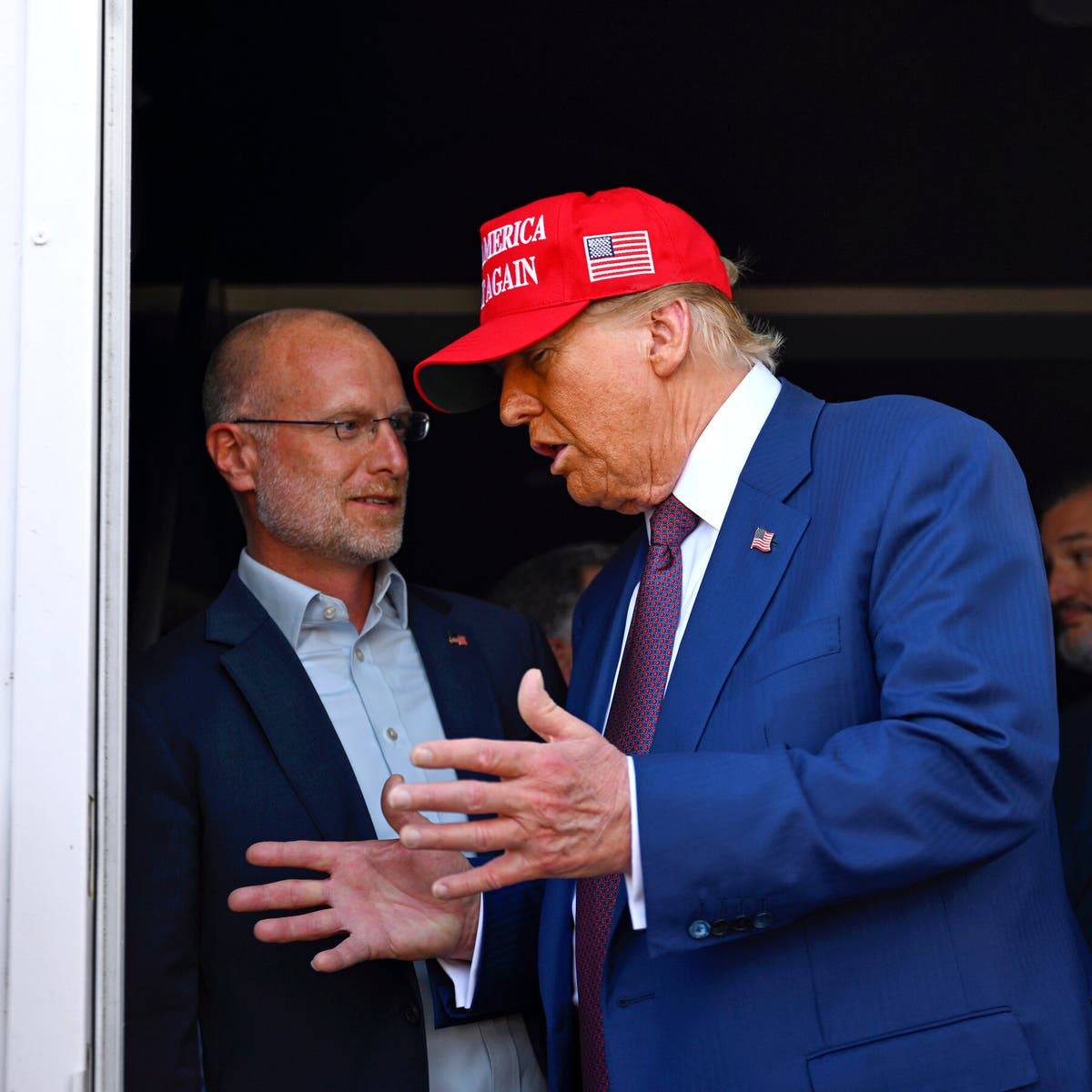The Battle for Online Free Speech: Social Media Companies Caught in Global Crossfire
In a rapidly evolving digital landscape, social media companies are finding themselves at the center of a global tug-of-war over free speech. As governments, activists, and users around the world push for greater control over online content, social media platforms are struggling to balance competing demands and maintain their commitment to free expression.
The debate over online free speech has been simmering for years, but recent events have brought the issue to a boiling point. Governments in countries such as China, Russia, and Turkey have been increasingly aggressive in their efforts to censor online content, often using national security or public order as a pretext.
At the same time, activists and users in countries such as the United States, the United Kingdom, and France have been pushing for greater regulation of online hate speech, harassment, and misinformation. Social media companies have responded by implementing new policies and moderation practices, but these efforts have often been criticized as inadequate or inconsistent.
"We're caught in a Catch-22," said a spokesperson for Facebook. "On the one hand, we're being pressured by governments to censor more content. On the other hand, we're being criticized by users and activists for not doing enough to regulate online hate speech and harassment. It's a difficult balance to strike."
The challenges facing social media companies are compounded by the fact that online free speech is a highly contested and context-dependent concept. What constitutes hate speech or harassment in one country or culture may be seen as legitimate free expression in another.
"Free speech is not a one-size-fits-all concept," said Dr. Sarah Roberts, a scholar of online free speech. "Social media companies need to be aware of the different cultural and national contexts in which they operate, and adapt their policies and moderation practices accordingly."
Despite these challenges, social media companies are working to develop more nuanced and effective approaches to online free speech. Many platforms have established independent review boards to oversee content moderation decisions, and some have implemented new transparency and accountability measures.
However, the battle for online free speech is far from over. As governments, activists, and users continue to push for greater control over online content, social media companies will be forced to navigate an increasingly complex and contentious landscape.
"The future of online free speech is uncertain," said a spokesperson for Twitter. "But one thing is clear: social media companies have a critical role to play in protecting and promoting free expression online. We're committed to doing our part, even in the face of challenging circumstances."
As the debate over online free speech continues to evolve, one thing is clear: the stakes are high, and the outcome will have far-reaching implications for the future of the internet and the world.
In the meantime, social media companies are urging governments, activists, and users to work together to develop more effective and nuanced approaches to online free speech.
"We need to have a more informed and nuanced conversation about online free speech," said a spokesperson for Google. "We need to recognize that free speech is not a zero-sum game, where one person's freedom of expression comes at the expense of another's. We need to work together to find solutions that balance competing interests and promote the values of free expression and inclusivity."
The battle for online free speech is a complex and contentious issue, but by working together, we can develop more effective and nuanced approaches to promoting and protecting free expression online.


